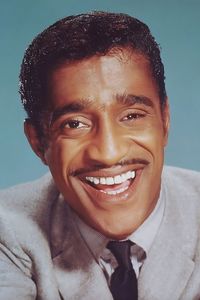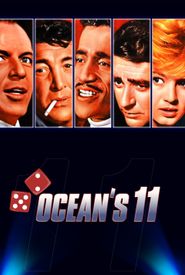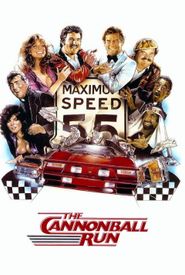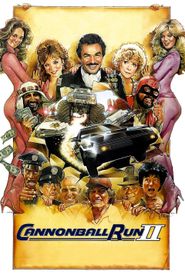Sammy Davis Jr., a multifaceted entertainer, was often referred to as the "greatest living entertainer in the world". Born in Harlem, Manhattan, to a father who was an African-American vaudeville star and a mother of Cuban and African-American ancestry, Davis Jr. was a true Renaissance man. He was an exceptional singer, dancer, musician, actor, and comedian, known for his quick wit and self-deprecating humor. In fact, he once shared a humorous anecdote about his experiences with racism, saying, "You got it easy. I'm a short, ugly, one-eyed, black Jew. What do you think it's like for me?" This quote highlights his bold and unapologetic approach to tackling sensitive topics.
Davis Jr.'s early life was marked by a stint in the army, which opened his eyes to the harsh realities of racism. As a slight man, he faced physical abuse and discrimination from his white peers, and was often given the toughest and most dangerous assignments. Despite these challenges, he continued to pursue his passion for entertainment, helping to break down racial barriers in the 1950s and 1960s, particularly in Las Vegas. Initially, he was not allowed to stay in the hotels where he performed, as they refused to accommodate black customers.
In the 1960s, Davis Jr. stirred up controversy by openly dating and eventually marrying blonde, blue-eyed, Swedish-born actress May Britt. This interracial relationship was met with significant backlash, but Davis Jr. remained unapologetic about his choices. During this time, he also starred in the Broadway musical "Golden Boy", which initially received positive reviews but ultimately closed due to internal tensions and poor production quality.
Despite this setback, Davis Jr.'s film and nightclub career continued to thrive, and he became an integral part of the "Rat Pack", a group of free-spirited entertainers that included Dean Martin, Frank Sinatra, Joey Bishop, and Peter Lawford. Davis Jr.'s chain-smoking habit ultimately took a toll on his health, and he passed away at the age of 64 due to throat cancer.
At the time of his death, Davis Jr. was in significant debt, and his funeral was paid for by selling off most of his memorabilia. Despite these challenges, Davis Jr.'s legacy as a talented and trailblazing entertainer continues to inspire new generations of artists and fans alike.




































































































